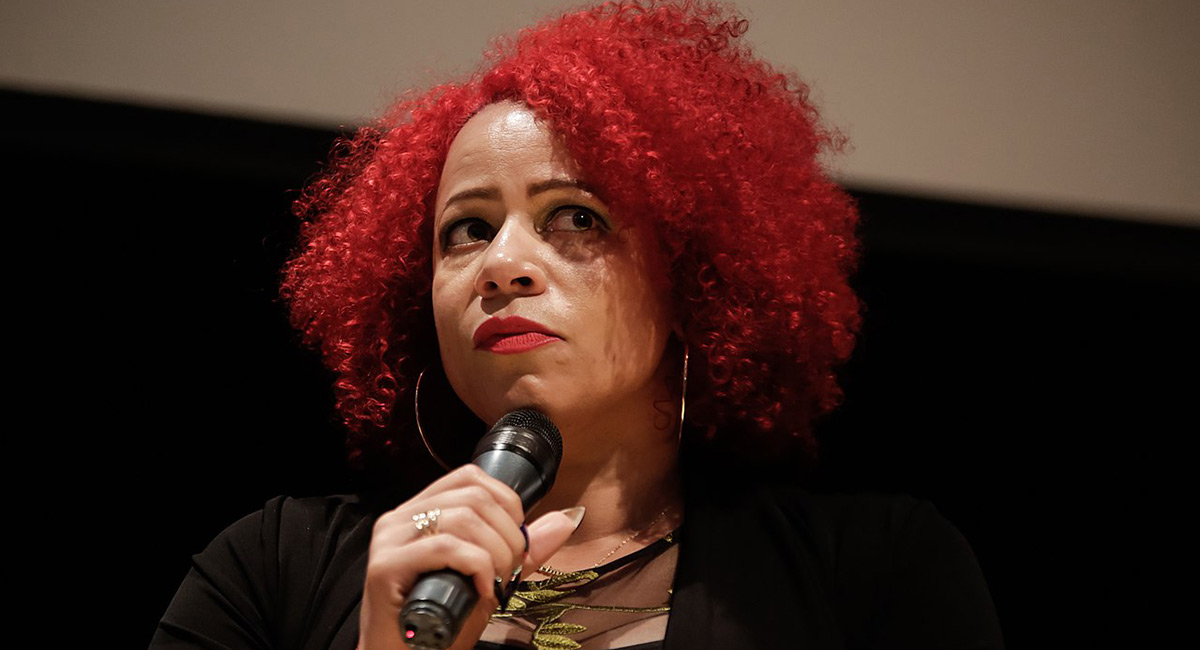Like many Americans, I sense our nation is in decline, not only economically and politically, but also morally. One indicator: The bedrock principle of the rule of law is increasingly being flouted. Rising crime and rioting are reminiscent of the Roman Empire during its long decline: are multiple federal entitlement programs the “bread and circuses” of today—eerily similar to post–Caesarean decline?
Two recent articles argue that universities are complicit in this demise. Joseph Epstein, writing in the Wall Street Journal, notes that “Universities, in their humanities and social science divisions, are not merely devoted to the propagation of woke ideas, but initiate most of them.” And Dominic Green, writing in the American Spectator, asserted that “the liberal arts are neither liberal nor artistic in our universities. They are illiberal and imaginatively barren.”
Very dramatically many universities seemingly are abandoning reasoned debate over diverse perspectives of human behavior towards promoting ideological perspectives often denigrating and condemning the very development of a great American civilization emanating from the European Renaissance and Enlightenment. Borrowing from Samuel Huntington, we are having a collegiate clash of civilizations within America, most recently exemplified by the University of North Carolina’s brouhaha over a tenure appointment for Nikole Hannah-Jones, the journalist who prompted the New York Times’ 1619 Project, which is to the woke what the Bible is to Christians.
Many reputable scholars of America’s past, a group I immodestly believe includes myself (an economic historian who began writing extensively about slavery nearly 50 years ago) virulently disagree with the Times’ suggestion that racial issues were of dominant importance in America’s evolution from the very beginning. Indeed, the demographics are informative: in the years following America’s Declaration of Independence, slavery was declining in relative importance and even at the time of the Civil War roughly a one-third smaller proportion of Americans were enslaved than in 1776, partly because of abolition of slavery in many northern areas.
Yet progressives are pushing compliant left-leaning public school administrators to make the 1619 Project the interpretation of our past that all school children must receive—reminiscent of the old Soviet Union’s officially authorized and largely fictionalized historical accounts mandated from Moscow for its citizens and its satellite nations. It is a “My way or the highway” approach to thinking so alien to traditional American values—but increasingly supported in many university settings.
Over the years, I have reported on the growing number of diversity and inclusion collegiate administrators, emphasizing the financial cost. But arguably a larger cost is the damage done to academic inquiry, to Enlightenment values that have governed academic conduct for hundreds of years. Academics frightened of being accused of being racist accede to any and all demands, some outrageous, articulated by protesters and the diversity bureaucrats often in very well paid university positions despite sometimes marginal academic credentials by traditional means of assessment. “White privilege” is a term loved by the woke. But another label, “rent-seeking,” may be equally appropriate. People are assuming power and much enhanced incomes and job security in return for appearing to be progressive, woke, and believing in critical race theory and all its dubious assertions.
There were significant racial and gender injustices in American universities, say, 50 0r 60 years ago. Efforts to ameliorate them were needed, and codified in civil rights and other legislation. Using another historical analogy, as justifiable reforms prompted the French Revolution, they eventually led to excesses, a Reign of Terror, to great damage done to a great civilization. That may be happening, albeit on a smaller scale, on many college campuses today. Some polling data suggests it might be contributing to declining college enrollments as what Richard Nixon once called “the Silent Majority” loses confidence and support for our universities.
To be sure, it may be extreme to largely blame universities for much of the increase in rioting and protests. The George Floyd murder, for example, was an outrage not involving colleges. And religious constraints on lawless behavior are waning—around 1950, Gallup told us about three-quarters of Americans had a church affiliation—today, it is less than 50 percent. All that said, public scrutiny of college campus behavior likely will be on the rise, probably for good reason.












